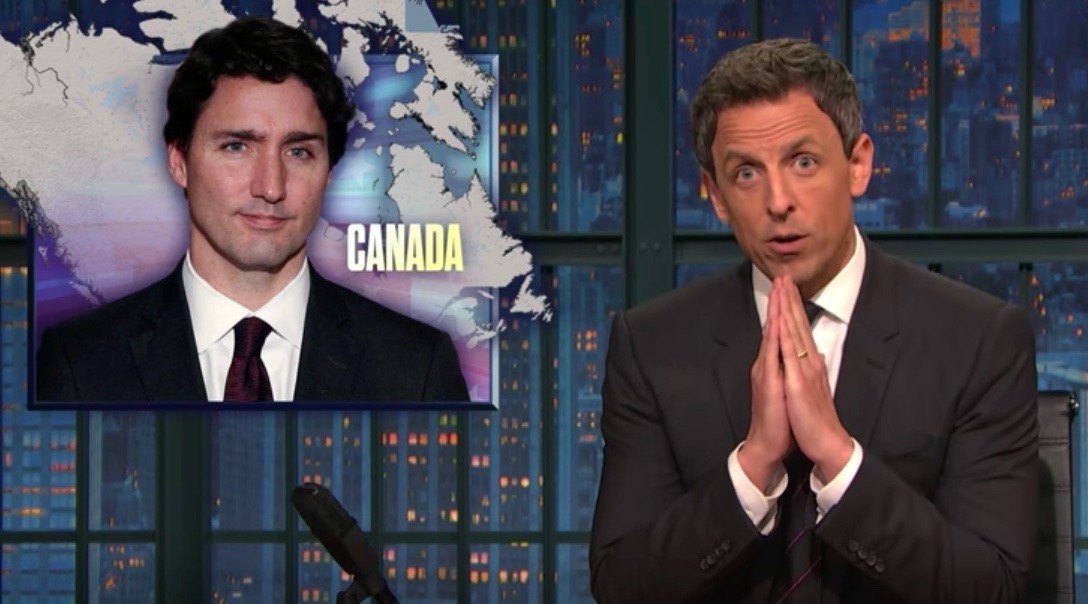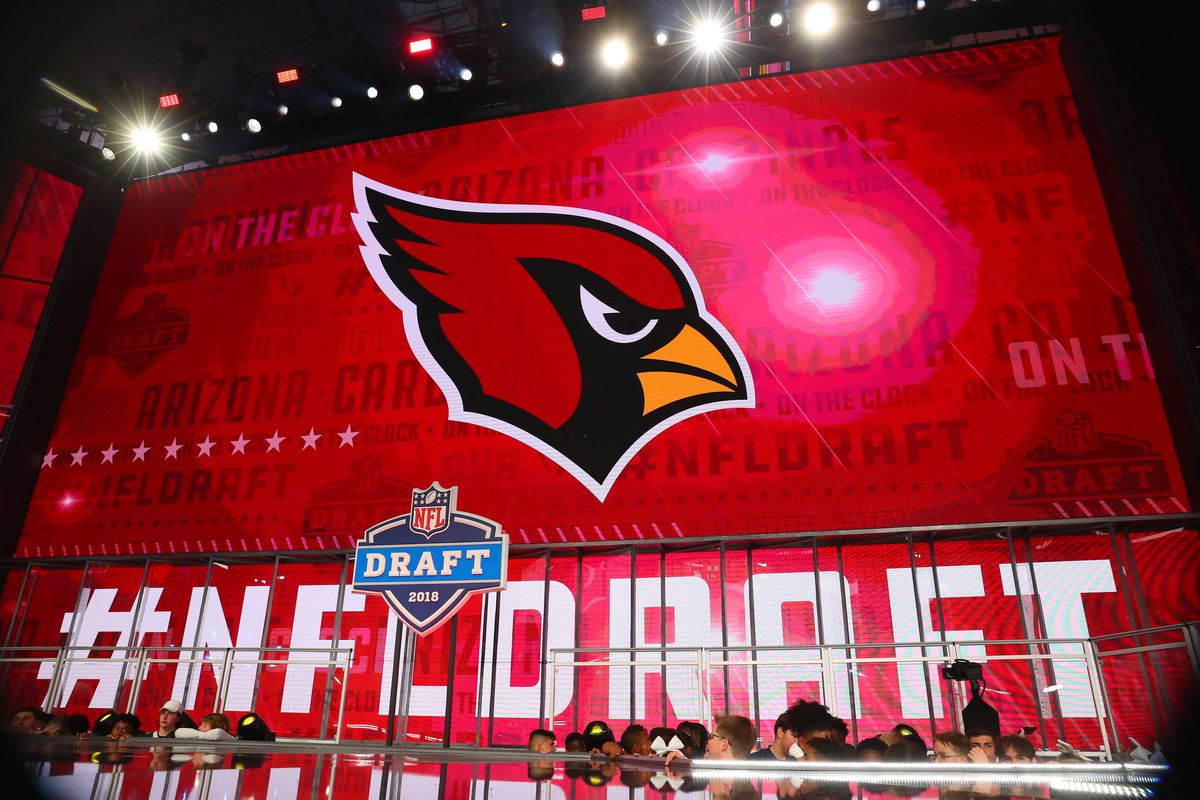The Wedding Banquet: A Study Of Cultural Clashes And Same-Sex Relationships

Table of Contents
H2: Traditional Expectations vs. Modern Realities
Navigating the planning process for a same-sex wedding banquet often involves confronting deeply ingrained societal norms and expectations. This can lead to significant tension and conflict, especially when dealing with family members who may not fully support same-sex marriage.
H3: Navigating Family Pressures
Same-sex couples frequently face pressure from family members resistant to the idea of same-sex marriage. This resistance can manifest in various ways, impacting different aspects of the wedding banquet planning.
- Examples of common conflicts:
- Religious objections: Disagreements about the inclusion of religious ceremonies or officiants.
- Guest list limitations: Pressure to exclude certain individuals from the guest list due to family disapproval.
- Attire expectations: Conflicts over appropriate attire or adherence to traditional gender roles.
- Traditional rituals: Resistance to incorporating elements that deviate from traditional expectations.
Strategies for communication and compromise:
- Open and honest dialogue: Initiate conversations early and often, expressing your needs and desires respectfully.
- Mediation: Consider involving a neutral third party, such as a therapist or family counselor, to facilitate communication.
- Compromise: Be willing to compromise on certain aspects while remaining firm on your core values.
- Setting boundaries: Establish clear boundaries to protect your emotional well-being and ensure respect.
Resources for LGBTQ+ couples dealing with family conflict include LGBTQ+ support organizations and mental health professionals specializing in family dynamics.
H3: Cultural Differences in Wedding Traditions
Wedding traditions vary dramatically across cultures, encompassing diverse rituals, customs, and expectations. This diversity can create complex challenges for intercultural same-sex marriages where partners bring different traditions and beliefs to the table.
- Examples of differing wedding traditions:
- Role of family: In some cultures, family involvement is extensive, while in others, it is more limited.
- Specific rituals: Different cultures have unique rituals and ceremonies surrounding weddings.
- Expectations for the couple: Gender roles and expectations for the couple can vary widely across cultures.
These cultural differences can easily create tension, particularly when combined with the complexities of same-sex marriage. Addressing these differences requires sensitivity and a genuine effort to understand and respect each partner's heritage.
Methods for respectfully incorporating elements from multiple cultures:
- Research and education: Learn about each other's cultural traditions and beliefs.
- Collaboration: Work together to decide which traditions to incorporate and how to adapt them respectfully.
- Symbolic gestures: Use symbolic gestures that acknowledge both cultural backgrounds.
- Separate celebrations: In some cases, separate smaller cultural celebrations might be more appropriate.
H2: Planning a Successful and Inclusive Wedding Banquet
Planning a successful same-sex wedding banquet requires careful consideration of various factors to ensure inclusivity and respect for all involved.
H3: Choosing the Right Venue and Caterer
Selecting a venue and caterer that are LGBTQ+-friendly is paramount. Ensure the vendors are supportive of same-sex couples and have a proven track record of inclusivity.
- Considerations for choosing a LGBTQ+-friendly venue:
- Explicit policies: Check for clear policies regarding same-sex couples.
- Past experience: Look for venues with prior experience hosting same-sex weddings.
- Staff training: Ensure the staff is trained in LGBTQ+ sensitivity and inclusivity.
Clear communication with vendors regarding your expectations is crucial to avoid misunderstandings or conflict.
H3: Crafting a Ceremony and Reception that Reflects Your Values
Personalize your wedding banquet to reflect your unique love story and values. Incorporate elements that honor both partners' heritage and beliefs.
- Suggestions for incorporating elements that honor both partners' heritage and beliefs:
- Bilingual ceremonies: Include elements in both partners' native languages.
- Cultural music and dance: Incorporate music and dance that reflect both cultures.
- Symbolic rituals: Include symbolic rituals that represent both cultures' traditions.
Involve both families in the planning process (where appropriate) to foster a sense of inclusivity and shared ownership.
H3: Addressing Potential Conflicts and Difficult Conversations
Inevitably, some challenging conversations might arise. Be prepared to address potentially sensitive topics with grace and understanding.
- Strategies for conflict resolution and communication:
- Active listening: Listen carefully to each other and to your families.
- Empathy: Try to understand different perspectives, even if you don't agree with them.
- Compromise: Be willing to find common ground.
- Professional help: Don't hesitate to seek the help of a mediator or therapist if needed.
H2: Celebrating Love and Acceptance
The most crucial aspect is celebrating your love and commitment. This involves fostering an atmosphere of acceptance and creating a space where everyone feels welcome and respected.
H3: The Importance of Open Communication
Open and honest communication is the bedrock of a successful same-sex wedding banquet. It fosters understanding, addresses concerns, and prevents misunderstandings.
- Effective communication techniques:
- Clear and concise language: Avoid ambiguity and ensure everyone understands your message.
- Active listening: Pay attention to what others are saying and respond accordingly.
- Empathy: Try to understand others’ perspectives.
H3: Creating a Welcoming Atmosphere for All Guests
Create a welcoming atmosphere that embraces diversity and celebrates inclusivity.
- Practical strategies for fostering a positive and respectful environment:
- Inclusive language: Use inclusive language in all communication materials.
- Welcoming decorations: Use decorations that are inclusive and welcoming to all guests.
- Diverse entertainment: Consider entertainment that reflects the diverse backgrounds of your guests.
H3: Focus on the Celebration of Love
Remember, the essence of the wedding banquet is to celebrate your love and commitment. Focus on this central theme, and let that joy radiate throughout the event.
- Ways to highlight the joy and significance of the union:
- Personalized vows: Share personal vows that express your love and commitment.
- Meaningful rituals: Incorporate meaningful rituals that reflect your relationship.
- Sharing your story: Share your love story with your guests to connect them to your journey.
3. Conclusion
Planning a same-sex wedding banquet can present unique challenges, particularly when navigating cultural differences and family expectations. However, with open communication, thoughtful planning, and a focus on inclusivity, same-sex couples can create a beautiful and meaningful celebration. By prioritizing understanding and respect, you can build a strong foundation for a lasting and joyful marriage. Planning your own same-sex wedding banquet? Remember that it's your special day. Prioritize open communication and understanding to create a beautiful celebration that reflects your unique love story and honors your diverse backgrounds. Learn more about planning a culturally sensitive and inclusive wedding banquet by exploring additional resources online.

Featured Posts
-
 Canadian Pm Carney And Mike Myers Condemn Trumps Policies
May 18, 2025
Canadian Pm Carney And Mike Myers Condemn Trumps Policies
May 18, 2025 -
 Snl O Maik Magiers Ypodyetai Ton Ilon Mask Kritiki Kai Analysi
May 18, 2025
Snl O Maik Magiers Ypodyetai Ton Ilon Mask Kritiki Kai Analysi
May 18, 2025 -
 The Cardinals Opener Analyzing The Jansen Pitching Matchup
May 18, 2025
The Cardinals Opener Analyzing The Jansen Pitching Matchup
May 18, 2025 -
 La Alegria De Alcaraz En Montecarlo Triunfo Y Dominio En La Cancha
May 18, 2025
La Alegria De Alcaraz En Montecarlo Triunfo Y Dominio En La Cancha
May 18, 2025 -
 Djokovic In Kortlardaki Egemenligi Devam Ediyor
May 18, 2025
Djokovic In Kortlardaki Egemenligi Devam Ediyor
May 18, 2025
Latest Posts
-
 Uber Stock Investment A Detailed Look
May 18, 2025
Uber Stock Investment A Detailed Look
May 18, 2025 -
 Analyzing Ubers Uber Investment Potential
May 18, 2025
Analyzing Ubers Uber Investment Potential
May 18, 2025 -
 Evaluating Uber Technologies Uber As An Investment
May 18, 2025
Evaluating Uber Technologies Uber As An Investment
May 18, 2025 -
 Should You Invest In Uber Technologies Uber
May 18, 2025
Should You Invest In Uber Technologies Uber
May 18, 2025 -
 Uber Uber Investment Potential And Risks
May 18, 2025
Uber Uber Investment Potential And Risks
May 18, 2025
